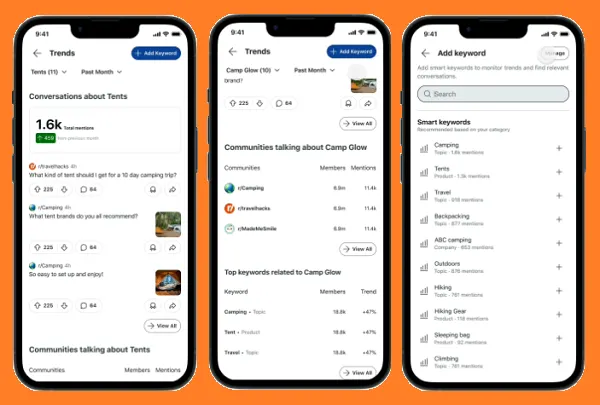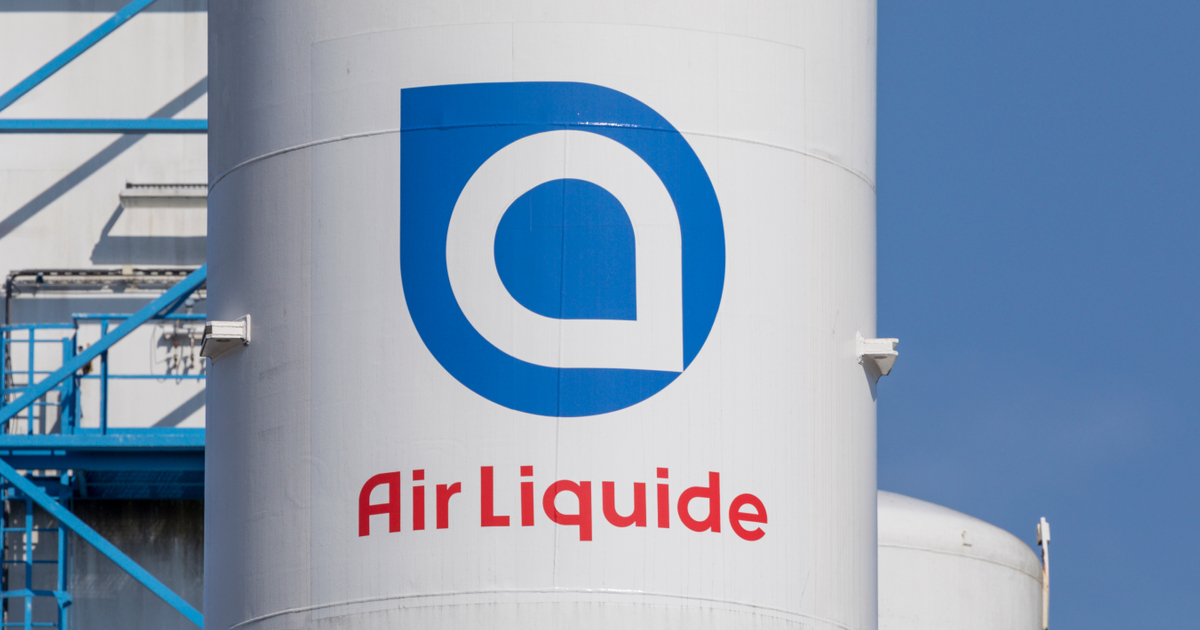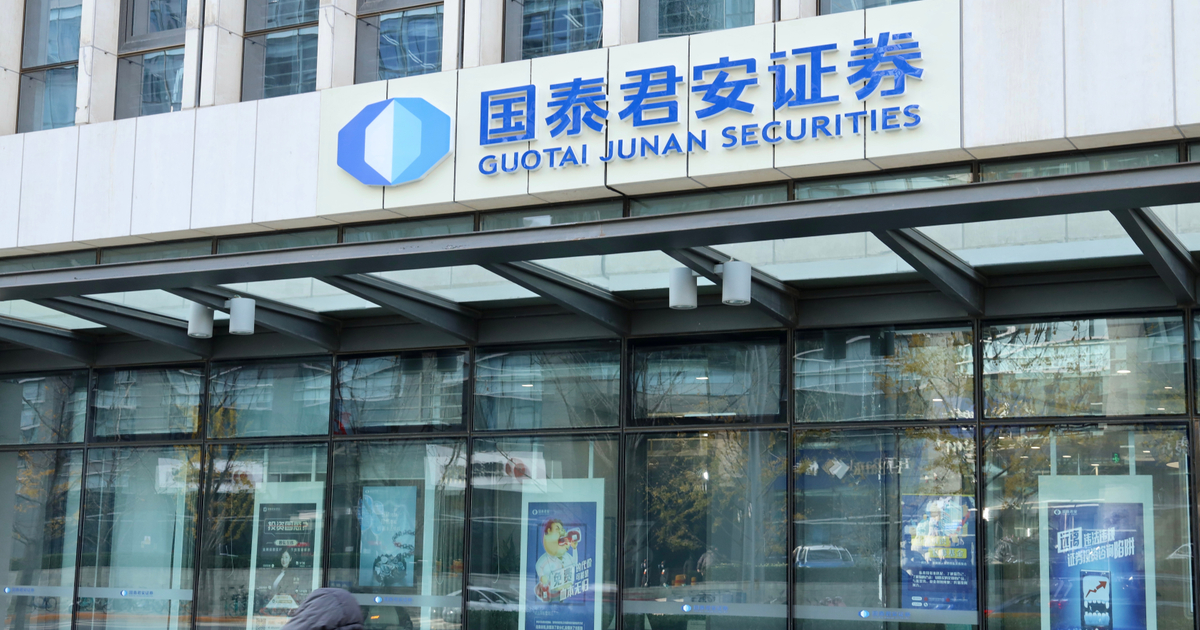How agencies are prioritizing mental health two years into the pandemic
From "fuck it" days to personalized health platforms, here are just a few ways agencies have expanded mental health resources.

The past two years of transitioning to new ways of living and working amid the pandemic brought mental health awareness to the forefront, with agencies searching for better means to prioritize employees' mental health. While some shops had practices in place before the pandemic, many have expanded them or created new ones to combat the pressures put on staffers in recent years, such as institutionalizing specific days off, adding an in-house therapist and offering mental health stipends.
Here, during Mental Health Awareness Month, we outline a few of them.
Reshaping culture
Katy Hendricks, executive VP of business strategy and growth at Powell, said the pandemic spurred the shop to take a hard look at its own culture “to make sure that mental health was a No. 1 [priority], but that people were also enjoying their time at work.”
In 2020, the agency began giving out monthly gifts to its employees to help them stay connected, Hendricks said. Many of the gifts come from minority-owned businesses and have included mirrors, tote bags and non-toxic candles. The agency's insurance also covers all in-patient and outpatient services for mental and behavioral health.
Changes continued at the agency in March when it launched its “Bird by Bird” day, a wellness holiday every March 11, the birthday of agency founder Rachael Powell’s mother. The name comes from the book of the same name by Anne Lamott. “The whole idea is like when you’re feeling really overwhelmed, just remember, one step at a time, take it bird by bird,” Hendricks said.
Each Powell employee also gets a $500 annual stipend for mental health and wellness that can be used on whatever they see fit and a $100 spa gift certificate. And the agency discourages working after hours and on weekends.
The agency had a 36% turnover rate in 2021, but after “reshaping and energizing” its culture, its retention rate is now at 95%, Hendricks said.
Fuck it
Wieden+Kennedy has always provided “robust mental health coverage” through its insurance and has offered mental health programs throughout the years, said Sandi Hildreth, the agency's global director of human resources. During the pandemic, it added more.
The indie agency put a huge emphasis on financial wellness this year, something Hildreth said is a big factor in anxiety, stress and mental health. The agency rolled out a program to help pay off student debt for all its employees, paying $200 each month towards the principal of their loans. “If I get hit by a bus tomorrow—this is the one thing that I'm the most proud of. I almost get emotional talking about it,” Hildreth said.
Get your tickets for the 2022 Leading Women event, held in New York on Aug. 9
In addition, the agency, realizing that over the past couple of years burnout was really high, came up with “Fuck it” days. Via this program, employees can take a day, or even just a few hours, to themselves—and there is no limit to how many they can take.
“It’s actually a code in our timesheet that you can take a ‘Fuck it’ day,” Hildreth said.
Last year, the agency also began closing its eight offices for a full week and it will be repeating it again this year. Another new addition: W+K has ensured one three-day weekend a month for each of its U.S. offices. Each employee also receives a $500 work-from-home stipend.
Personalizing health
Doner recently partnered with Boon Health, a personalized coaching platform, to provide employees across all of its offices access to its services, including those focused on personal growth, professional development and overall mental well-being.
David DeMuth, president and CEO of the Stagwell Group agency, was reading a local Detroit magazine when he came across the information for Boon Health. He thought it sounded “really interesting” for the agency and felt “our employee base would respond to it.”
“This isn't the end-all, be-all,” DeMuth said. “But I think it is certainly something that we can offer up that will attract talent, help develop it and help us retain it.”
Since the agency launched the program in February, more than one-third of Doner employees have created a profile on Boon, almost 200 sessions have been completed and 90% of those employees have already scheduled future sessions.
Read: How brands are supporting causes during Mental Health Month
Denver agency Cactus put a focus on mental health far before the pandemic, and over the years created a personalized experience for its employees. In 2012 it launched its "Man Therapy" campaign, which led to the creation of Grit Digital Health, a sibling company that launched in 2015.
Grit Digital Health and Cactus created the [email protected] platform in 2018, a wellness platform that personalizes tips and tools for both mental and physical health for college students. After it proved successful at more than 150 universities, the agency adapted it to [email protected] to offer the same platform to its employees.
Through the platform, employees log in and access a list of priorities such as leadership, work-life balance, family, finances and body image. The platform offers many assessments that employees can take that will then bring them to personalized resource pages. It also provides self-check-ins and a goal sheet, all of which are anonymous.
Nathaan Demers, the agency’s in-house psychologist, said that it’s important to realize that many things can impact mental health, such as body image or financial struggles.
“I have so much relief and can sleep better at night knowing that people have a confidential and anonymous place where they can look at credible information,” he said. “You can go to Google and you can type in 'depression' and you can find some good things and some terrible things. We know that folks at Cactus have a safe place where they can go get validated information.”
During the past year, 100% of the staff at the agency has logged into the platform at least three times, according to Jeff Graham, president and CEO, adding that on average, employees have used two or more mental wellbeing resources per employee, "or 300 total resource referrals during the past 12 months."
He added: “I think globally we’re talking about mental health as just part of your health, which is great. It's an awesome place to be as a society and as an industry to be having that conversation for the first time.”
Subscribe to Ad Age now for the latest industry news and analysis.
In-house therapy
Big Spaceship expanded its People & Culture team to six people who focus on individual check-ins, regularly gauging morale, and rotating its employees to different projects more regularly. The team “wears a lot of hats” and divides its time among areas like learning and development, DE&I, onboarding, payroll and taxes, said Kristin Daversa, senior VP of talent and culture at the agency.
The shop also recently partnered with a mindfulness instructor who guides the agency’s 140-plus employees through different workshops every Monday during its morning meeting. The agency also closes for a full week off during the summer and will continue to do so this year.
Periscope hired a full-time dedicated therapist for all of its employees, whether in person or virtual. Cari Bucci-Hulings, president at Periscope, said that people had voiced concerns that it was taking months to be able to see an outside therapist.
“We’ve always had a corporate employee assistance where you can call and get access to a therapist and you can certainly call if you’re in crisis,” she said. The in-house therapist was a new resource added in February to launch a “deeper level of behavioral health support.”
Periscope has started “method counseling,” a sort of group training intended to give people tools like perspective-taking—a way to minimize stress when taking things personally—and mindfulness tools.
“Good mental health is like your physical health, right? You want to be doing really great maintenance work, to keep yourself out of trouble and have a good life,” Bucci-Hulings said.

 FrankLin
FrankLin 
































